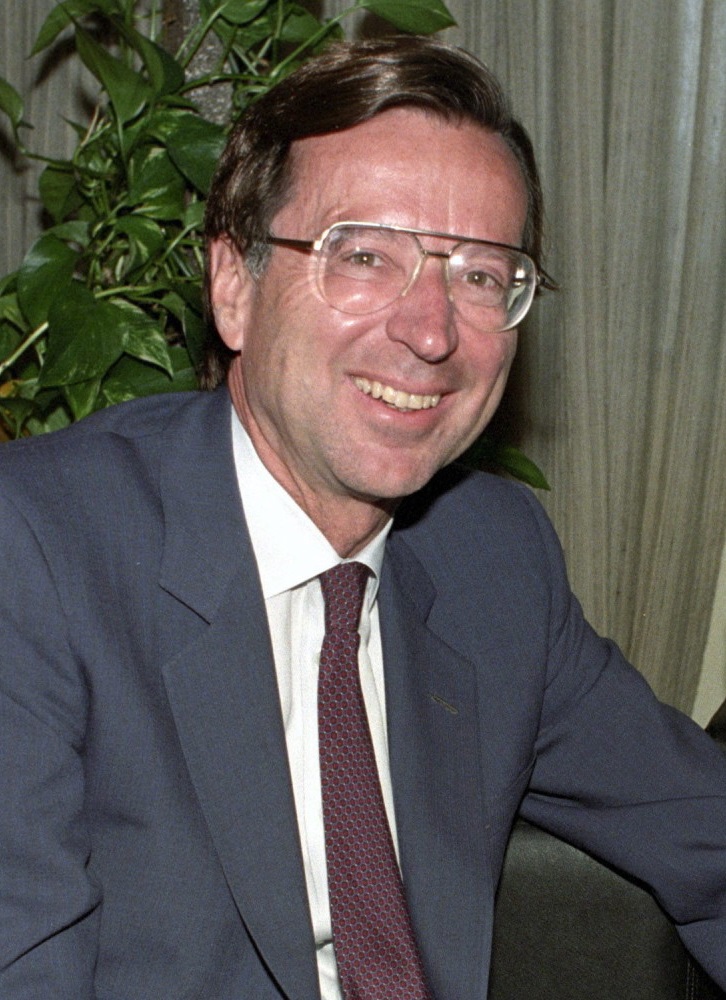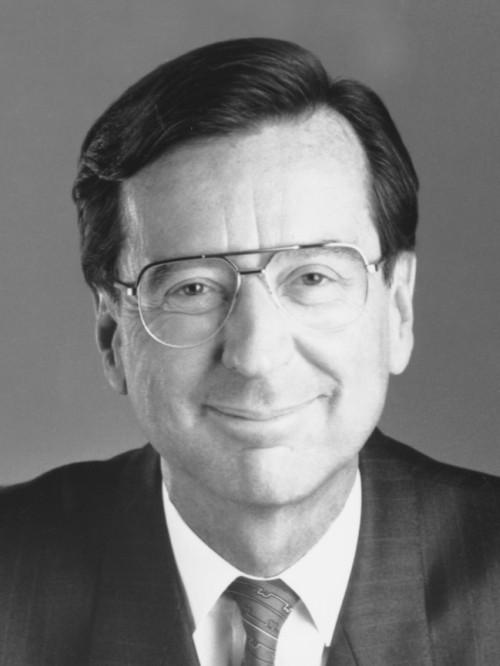Today and Forever
Robert Bourassa
Historical Context
The Meech Lake Accord was a constitutional amendment that aimed to bring Quebec into the Canadian Constitution. Quebec had not signed the Constitution Act of 1982, which patriated the Canadian Constitution from Britain. The accord was negotiated in 1987 by Prime Minister Brian Mulroney and the ten provincial premiers, including Robert Bourassa.
The accord included five main conditions requested by Quebec: recognition of Quebec as a distinct society, a Quebec veto over constitutional changes, limits on federal spending power, Quebec appointment of three Supreme Court judges, and increased provincial control over immigration. All provinces and the federal Parliament needed to ratify the accord by June 23, 1990.
By June 1990, eight provinces had ratified the accord. However, Manitoba and Newfoundland had not completed the ratification process. In Manitoba, Elijah Harper, a Cree member of the legislative assembly, used procedural tactics to prevent a vote. In Newfoundland, Premier Clyde Wells refused to bring the accord to a vote without a referendum.
The deadline passed on June 23, 1990, without ratification. This marked the second time that Quebec's constitutional demands had been rejected, the first being in 1982 when Quebec opposed the patriation of the Constitution. Bourassa's speech came one day before the deadline, when it was clear the accord would fail.

The Speech
This speech is protected by copyright. Please consult the external sources below to read the full text.
Read the Full Speech
Audio & Video Resources
Video
Key Quotes
"English Canada must clearly understand that, regardless of what is said or done, Québec is today and always will be a society that is distinct, free and able to assume its destiny and development."
Bourassa's declaration of Quebec's permanent distinct character
"Hence, since 1985, the question is: 'What does Canada want?' And we are still waiting for Canada's answer in this respect."
Bourassa's challenge to the rest of Canada after Quebec had clearly stated its demands
"On behalf of all Quebecers, I want to express my deepest disappointment, a disappointment issuing from all the efforts that have been made by various administrations over the past ten years."
Bourassa's formal statement of Quebec's disappointment with the constitutional failure
"It is noteworthy that two provinces did not do so and do not intend on doing so."
Bourassa's criticism of Manitoba and Newfoundland for not ratifying the accord
"In 1985, we proposed to English Canada conditions that were deemed by all to be moderate and reasonable."
Bourassa's defense of Quebec's constitutional demands as reasonable
Analysis & Significance
The failure of the Meech Lake Accord led to a constitutional crisis in Canada. Support for Quebec sovereignty increased significantly after June 1990. The Bloc Québécois was formed later that year to represent Quebec interests in federal politics. The Parti Québécois returned to power in Quebec in 1994.
Bourassa's speech marked the end of what many called the "Meech Lake era" of constitutional negotiations. The phrase "today and forever" became associated with Quebec's assertion of its distinct character. The speech was quoted during subsequent constitutional discussions and sovereignty debates.
The failure of Meech Lake led to the Charlottetown Accord in 1992, which was also rejected in a national referendum. Quebec held another sovereignty referendum in 1995, which the "No" side won by a margin of less than one percent. The constitutional issue remained unresolved throughout the 1990s.
Bourassa's prediction that Quebec would remain distinct proved accurate. Quebec continued to use its provincial powers to maintain its language and culture. The federal government later passed a resolution recognizing Quebec as a nation within Canada in 2006.
The speech is studied as an example of how constitutional failures can affect federal systems. It demonstrated the difficulty of constitutional reform in Canada and the ongoing tension between Quebec and the rest of Canada over the province's place in confederation.

About the Speaker
Robert Bourassa was born in Montreal in 1933. He studied law at the University of Montreal and later earned graduate degrees in economics and political science. He was first elected to the Quebec National Assembly in 1966 as a member of the Quebec Liberal Party.
Bourassa became leader of the Liberal Party in 1970 and was elected Premier of Quebec the same year at age 36. He served as Premier from 1970 to 1976 and again from 1985 to 1994. He was known for his federalist views and his efforts to reform the Canadian federal system to accommodate Quebec's demands.
During his first term as Premier, Bourassa dealt with the October Crisis of 1970 and major economic projects like the James Bay hydroelectric development. He lost power to the Parti Québécois in 1976 but returned as Premier in 1985. His second term was marked by constitutional negotiations, including the failed Meech Lake and Charlottetown accords.
View all speeches by Robert Bourassa